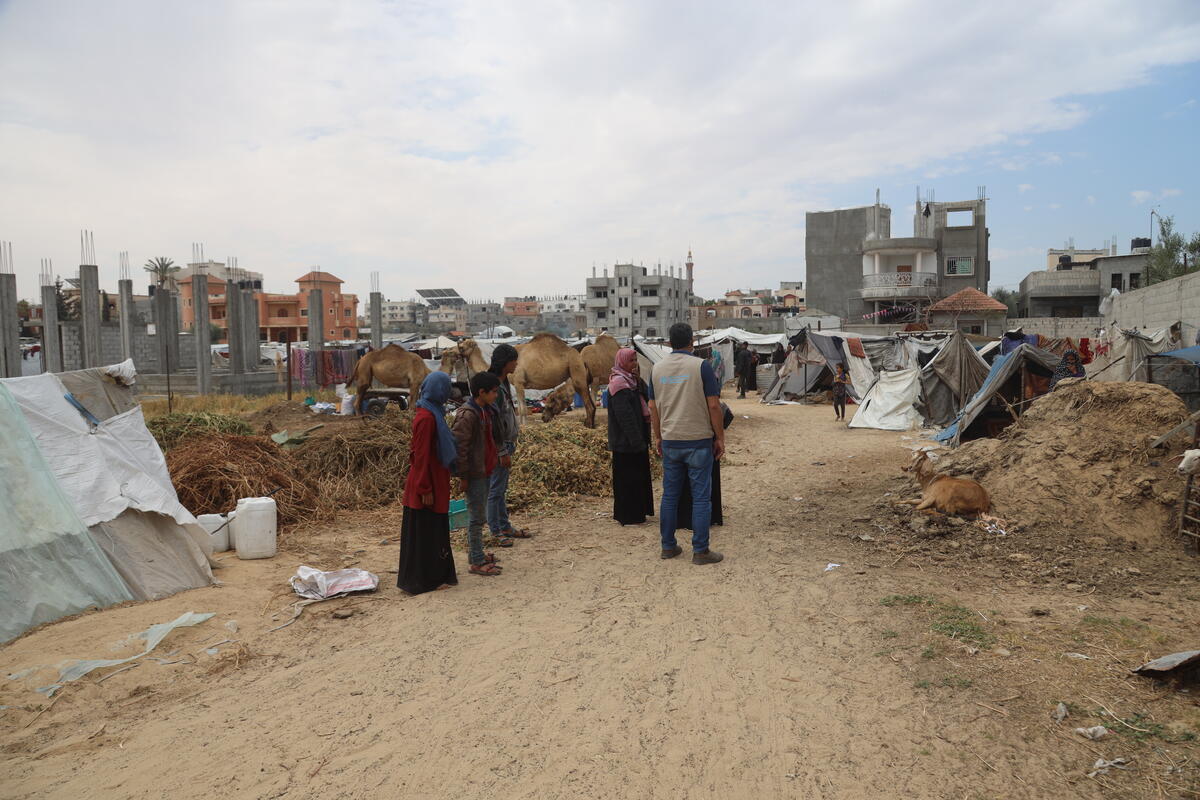Fishers, farmers, growers and the construction industry are in a worker crisis.
The foreign workforce is a vital component of many industries in New Zealand that struggle to get Kiwis either qualified enough, interested enough, or straight/sober enough. While that is a harsh assessment, it is one that echoes through HR offices around the country.
Yes, getting New Zealanders into some of these jobs must be a priority and much work is going on in this space from both industry and government, however the reality is COVID-19 is keeping the country’s foreign workforce out of the country – with dire consequences.
An estimated 300,000 seafarers around the world are struggling to re-join vessels due to the pandemic. The debt and the stress to them and their families through not receiving wages is also of great concern. The United Nations is warning of a humanitarian and mental health crisis.
The seafood industry’s attempt to have foreign workers flown by charter into New Zealand to quarantine on the vessel they would be working on was not allowed – and there are not nearly enough quarantine facilities to accommodate the workers needed in fishing, farming and construction.
The seafood industry, unable to get foreign, skilled workers in, is on the brink of tying up vessels unable to fish. This will cost the New Zealand economy $725 million annually and result in the loss of 429 land-based jobs held by New Zealanders.
And that’s just the seafood industry.
The dairy industry was short 1,000 workers even before COVID hit, as were the viticulture and horticulture industries and the initial lockdown would just have made that worse.
At a crisis summit earlier this month business leaders such as Sir John Key and Rob Fyfe and Auckland Mayor Phil Goff all called for quarantine capacity to be expanded to allow international students, construction workers and other skilled workers into the country.
They say this should be at the employer’s expense, not the taxpayers, something companies would be quick to take advantage of given the alternative.
With so many in the primary sector facing the same issues, a collaborative approach to quarantine these workers should be a priority. The expansion of privately funded quarantine facilities, with strict guidelines, is critical as the pandemic rages on.
We can no longer rely on government run and taxpayer subsidised quarantine facilities. There are not nearly enough of them to meet the needs of essential industries.
If the primary sector – the growers, farmers and fishers – are going to be at the forefront of the economic recovery it will need workers to do that – and they need them desperately.
A domestic supply of people willing to take at-sea jobs simply does not exist. If skilled foreign workers continue to be kept out of New Zealand vessels will tie up, fish will be uncaught and land-based jobs will go.
The government has an urgent decision to make.
The economic recovery is relying on that being the right decision.







